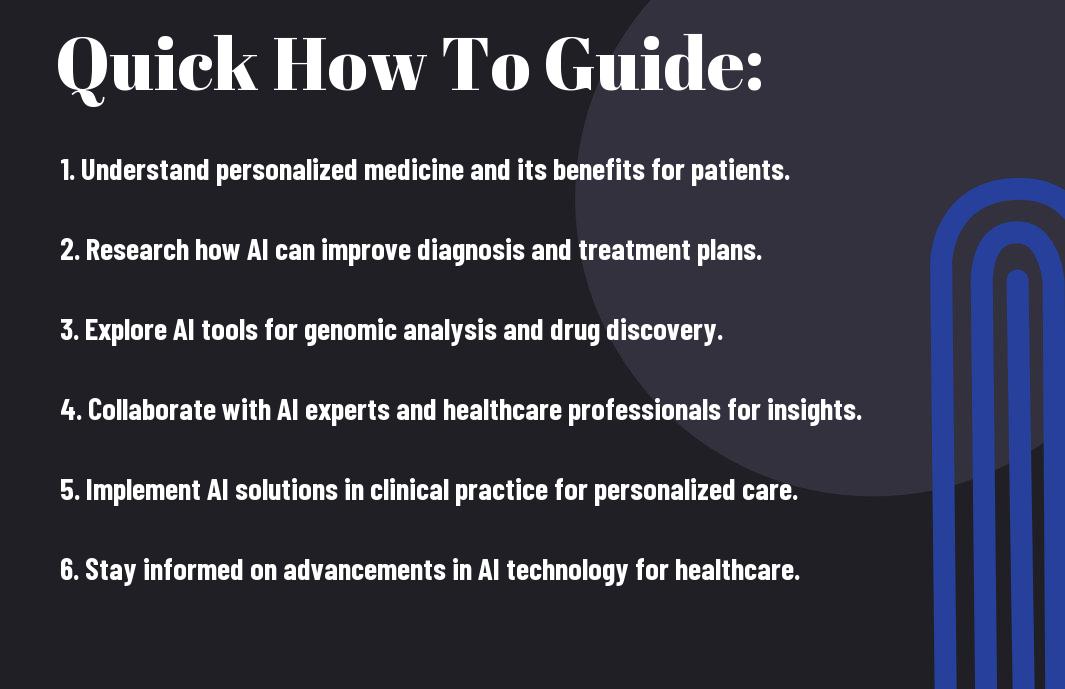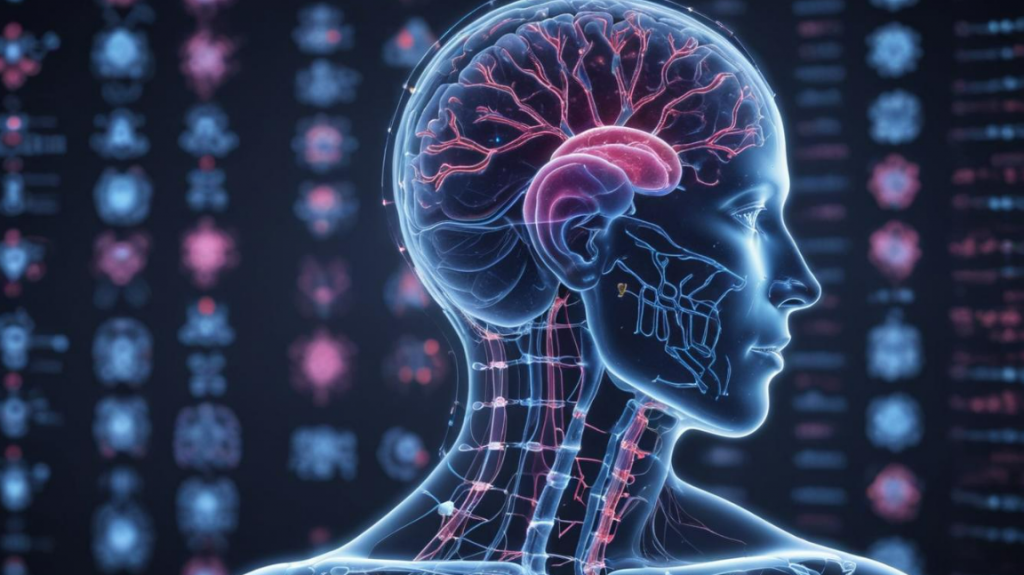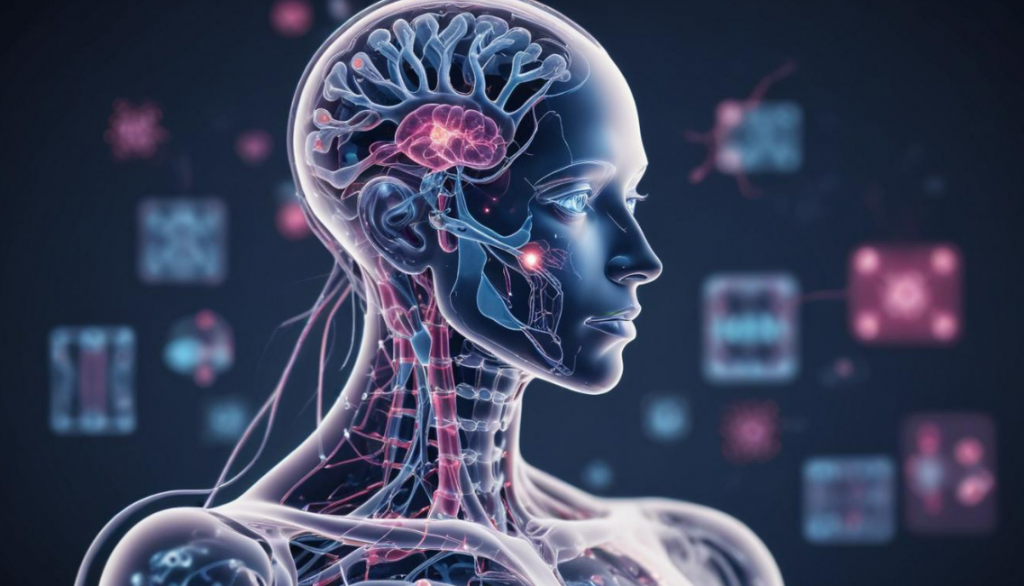Exploring The Potential Of AI In Personalized Medicine AI has revolutionized many industries, and personalized medicine is no exception. In this blog post, I will show you how AI is transforming healthcare by analyzing vast amounts of data to tailor treatments to individual patients. Discover the benefits and risks of leveraging AI in healthcare and how it can lead to more effective, efficient, and personalized treatment plans for you and your loved ones. Get ready to explore the exciting possibilities that AI brings to the world of personalized medicine.
Table of Contents

How to Harness the Power of AI in Personalized Medicine
Understanding the Fundamentals of AI and Machine Learning
For a successful integration of AI in personalized medicine, it is crucial to understand the fundamentals of AI and machine learning. The ability of algorithms to learn patterns from vast amounts of data and make predictions based on these patterns is at the core of personalized medicine applications.
Identifying Key Areas of Application in Personalized Medicine
If you want to harness the power of AI in personalized medicine, you need to identify key areas where AI can make a significant impact. These areas include drug discovery, treatment optimization, patient stratification, and disease classification. Identifying and focusing on these areas will help you leverage the full potential of AI in personalized medicine.
Machine learning algorithms can analyze complex genetic, clinical, and lifestyle data to identify patterns that can help in predicting disease risks, selecting optimal treatments, and personalizing healthcare plans. By utilizing these AI capabilities, personalized medicine can revolutionize healthcare by providing tailored solutions for each individual’s unique medical needs.
Tips for Successful Integration of AI in Healthcare

One of the key factors to consider when integrating AI in healthcare is to ensure that the technology complements the existing workflows and processes rather than disrupting them. It is necessary to involve healthcare professionals in the development and implementation of AI systems to address their specific needs and challenges. Additionally, investing in training and education programs can help in successfully integrating AI into healthcare practices.
Overcoming Data Quality and Integration Challenges
One of the main challenges in implementing AI in healthcare is ensuring the quality and integration of data from various sources. AI algorithms rely on high-quality data to generate accurate insights and recommendations. Collaborating with data scientists and IT experts can help in cleaning, standardizing, and integrating data to ensure its accuracy and reliability.
Ensuring Transparency and Explainability in AI-Driven Decision Making

Data transparency and explainability are critical in gaining trust and acceptance for AI-driven decision-making in healthcare. AI systems must be able to provide clear explanations for their recommendations and decisions, allowing healthcare professionals to understand and trust the technology. Implementing tools and frameworks that enable transparency and explainability can help in overcoming resistance and skepticism towards AI in healthcare.
Transparency in AI-driven decision-making involves making the processes and algorithms understandable and interpretable for healthcare professionals and patients. By providing insights into how AI arrives at its decisions, healthcare providers can make more informed choices and ensure that patient care remains the top priority.
Factors to Consider in Developing Effective AI-Powered Diagnostic Tools
Unlike traditional diagnostic tools, AI-powered diagnostic tools require careful consideration of various factors to ensure their effectiveness. Here are some key points to keep in mind:
- Quality of Training Data
- Addressing Bias and Fairness
- Regulatory Compliance
- Integration with Existing Healthcare Systems
The Importance of High-Quality Training Data
Some of the most critical aspects of developing AI-powered diagnostic tools revolve around the quality of training data. Training data that is comprehensive, accurate, and representative plays a crucial role in the performance of these tools.
Addressing Issues of Bias and Fairness in AI-Driven Diagnostics
For AI-powered diagnostic tools to be effective and ethical, it is necessary to address issues of bias and fairness. Ensuring diverse representation in the training data and regularly auditing the algorithms for unintended biases are crucial steps in this process.
Developing transparency in the decision-making process of these tools and engaging diverse stakeholders are also necessary to improve trust and acceptance among users.
Conclusion
From above data, I believe that exploring the potential of AI in personalized medicine is crucial for improving patient outcomes and revolutionizing healthcare. By leveraging advanced technologies, we can tailor treatments to individual patients, leading to more accurate diagnoses, targeted therapies, and ultimately, better results for your health. Embracing AI in personalized medicine has the power to transform the way we approach healthcare and enhance the overall quality of care provided to you.
Q: What is personalized medicine?
A: Personalized medicine is an approach to medical treatment that takes into account individual variability in genes, environment, and lifestyle for each person. It aims to tailor medical decisions and treatments to the individual patient.
Q: How can AI benefit personalized medicine?
A: AI can analyze large amounts of complex data, such as genetic information, medical records, and lifestyle factors, to help healthcare providers make more accurate predictions about a patient’s risk for certain diseases and develop personalized treatment plans.
What are some examples of AI applications in personalized medicine?
A: AI can be used for genetic testing interpretation, drug discovery, treatment recommendations, and predicting treatment outcomes. Machine learning algorithms can analyze data to identify patterns and make predictions that can guide personalized medical decisions.
